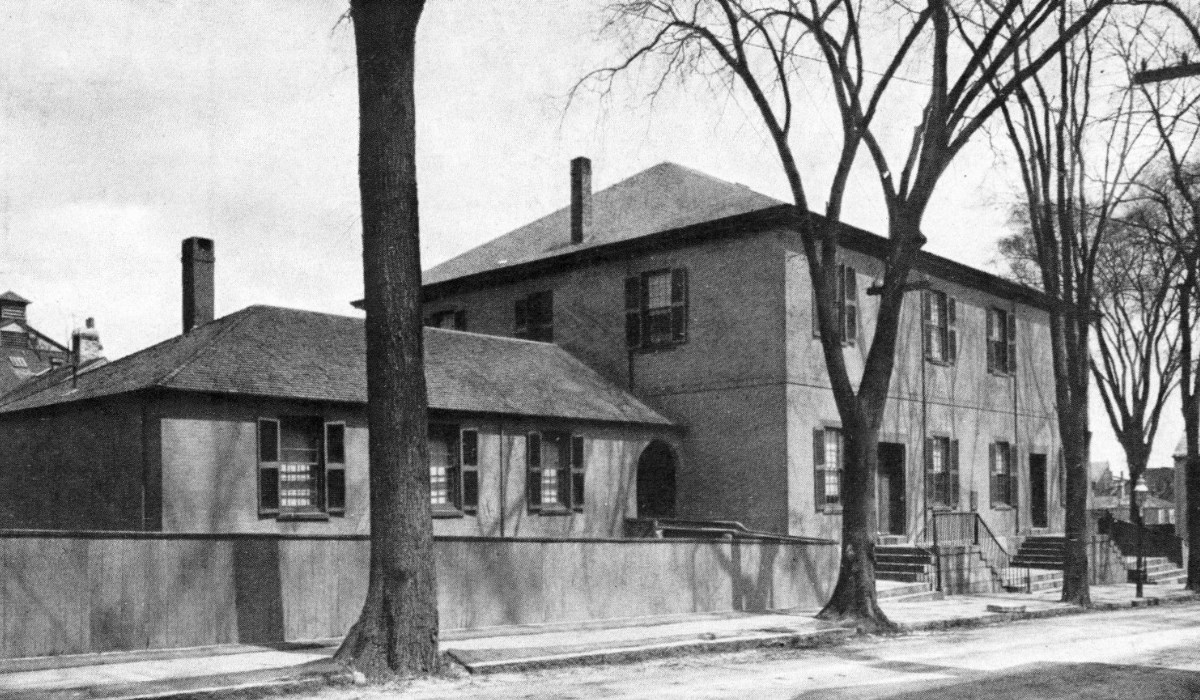
New Bedford's titanic whaling industry would never have bloomed without Quaker Joseph Rotch. The Nantucket merchant brought his whaling expertise and wealth to the area around 1765. By then, merchants and artisans had already begun settling into what is now downtown New Bedford. A savvy businessman, Rotch looked to transform the area — with its deep harbor, and access to New York and Boston markets — into a world-class whaling port. Rotch purchased 10 acres from the area's first resident, Joseph Russell, and named the area Bedford. The Rotch, Russell, and Rodman families dominated Bedford's economic development. They invested in whaling vessels, whaling equipment, and manufacturing whale products. By 1775, Bedford Village hosted about 1,000 seamen and 75 vessels. The city quickly grew to support the whaling and shoreside industries; populations grew, streets were laid, and wharves were built. In 1787, Bedford Village became New Bedford to set it apart from another Massachusetts town with the same name. The City of New Bedford was incorporated in 1847.
Quakers & Community The Society of Friends, or Quakers, fled England in large numbers to escape religious persecution during the 1600s. Quakers believed that all men and women were equal in the eyes of God, and its leaders publicly challenged the English class system. Many Quakers believed that they were to follow four main tenets: simplicity, truth, equality, and community. Their dedication and commitment to equality and community led many Quakers to become social activists. Though not all Quakers publicly participated in anti-slavery discussions, their influence supported a safe haven for runaway slaves in New Bedford. Their progressive attitudes also encouraged equality, allowing women to take charge of homes and businesses while their husbands were off whaling. 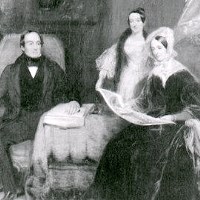
Profiting from the whaling industry, James and Sarah Arnold each invested in the community. James opened his gardens to the public, while Sarah spent time with the city's poor. More information. 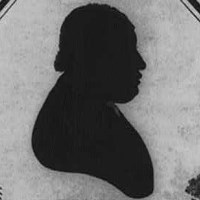
Born on Cuttyhunk Island to a freed African man and Native American woman, Paul Cuffe grew to become a successful whaling captain and respected member of his community. More information. 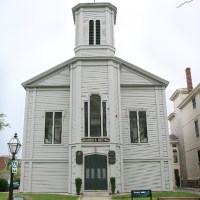
Although built to straighten out some sinful sailors, the Seamen's Bethel also inspired writer Herman Melville and is still an active nondenominational church. More information. 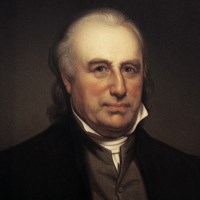
As an influential and wealthy Quaker, William Rotch, Jr. supported the whaling industry, anti-slavery efforts, and religious education. More information. |
Last updated: February 13, 2025
